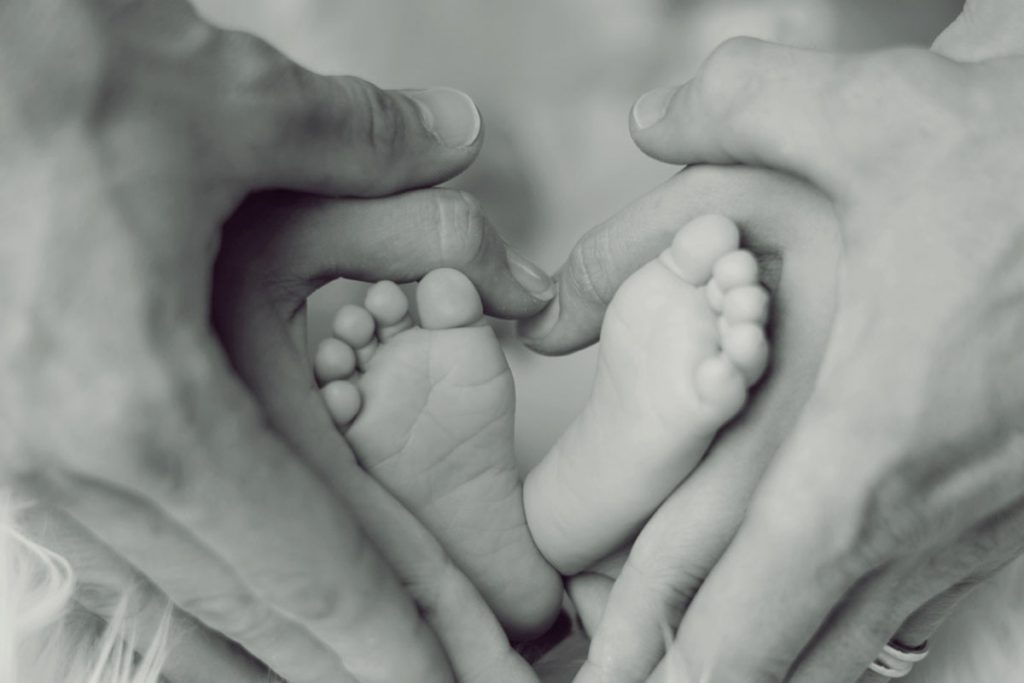Newborn screening is a vital public health program.

Newborn screening is a vital public health program that allows the early diagnosis of serious genetic diseases just a few days after birth, through a simple blood test taken from the newborn’s heel. For rare diseases, where symptoms often appear rapidly and cause irreversible damage, early detection can make the difference between life and death, or between disability and a normal life.
In Italy, newborn screening is regulated by Law 167/2016, which established a nationally uniform program. Today it includes testing for almost 50 metabolic, endocrine, and genetic conditions, offering free of charge to all newborns across the country. This makes Italy one of the most advanced nations in this field, although continuous updates are required to include new conditions for which effective treatments become available.
Thanks to ongoing research, new therapies are constantly being developed for rare genetic diseases. These treatments are generally most effective when administered early, and in some cases, they can only work if given before the disease has caused irreversible damage. This is why the development of newborn screening must go hand in hand with the availability of innovative therapies: it is the only way to ensure that children are diagnosed in time to truly benefit from treatment.
*estimate based on the average number of babies born each year in Italy and the estimated number of those affected by the diseases screened for.
MLD, a paradigm for early diagnosis
Metachromatic leukodystrophy (MLD) is a rare and devastating genetic disorder caused by a deficiency of the enzyme ARSA. The disease typically appears in early childhood and progresses rapidly, leading to severe loss of motor and cognitive functions and, ultimately, premature death.

Researchers at SR-Tiget, supported by Fondazione Telethon, developed an ex vivo gene therapy that restores ARSA activity in patients’ own stem cells. Licensed to Orchard Therapeutics, the treatment is marketed both in Europe and in the United States. Clinical studies have clearly shown that the therapy can preserve motor and cognitive functions only when administered before symptoms appear, confirming that timing is everything.
Our concrete action: the Lombardy pilot project
To make timely access to therapy possible, Fondazione Telethon is supporting the first newborn screening pilot for MLD in Lombardy, launched in June 2024 and coordinated by the Buzzi Children’s Hospital in Milan. The project will test about 100,000 newborns over three years, using a genetic test on dried blood spots to detect ARSA mutations.
This study is designed to generate robust data on feasibility, logistics, and costs, paving the way for the potential inclusion of MLD in the Italian national screening program. The Lombardy initiative builds on the earlier experience of the Meyer Hospital in Tuscany, which developed a similar protocol independently.
While the two projects are distinct, they share the same ultimate goal: to validate as quickly as possible a reliable test for MLD newborn screening, ensuring that affected children are identified and offered gene therapy before irreversible damage occurs.